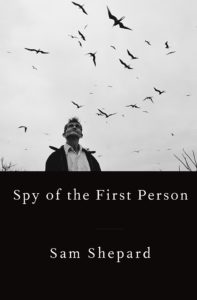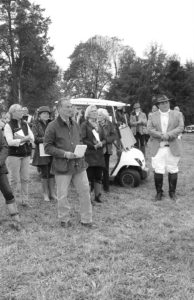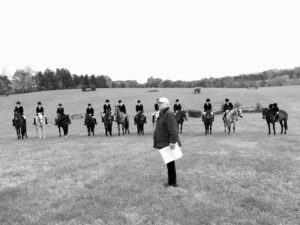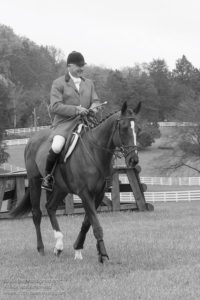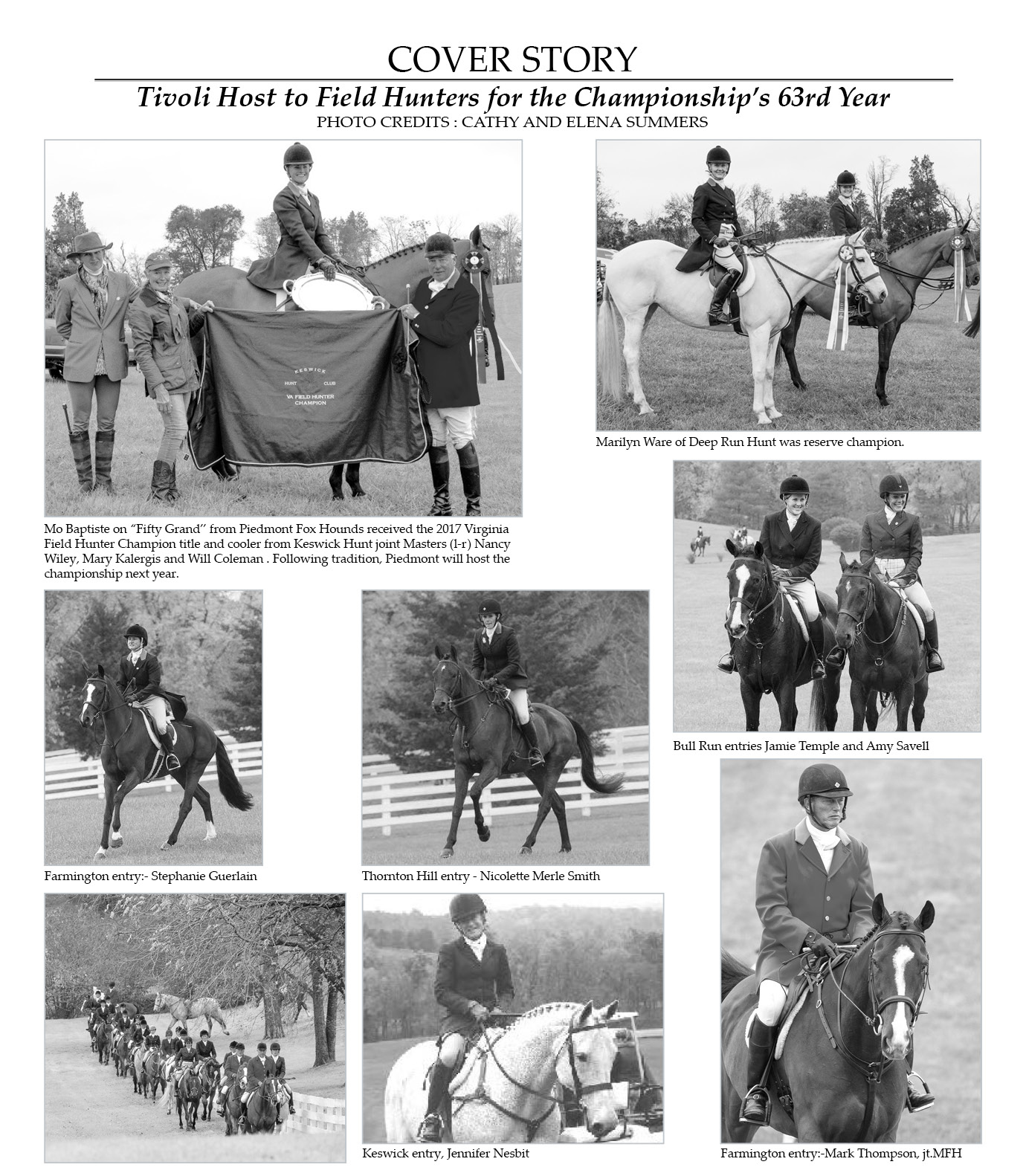I was twenty years old and didn’t know any better. The temperature was soaring over a hundred and the river looked cool and inviting. 200 yards across with vegetation and sandy banks on both sides, this was the Niger River, West Africa’s version of the Mississippi. Running 2500 miles from the west coast up to Timbuctu and then down through Nigeria to the Gulf of Guinea, it is Africa’s third longest river.
I was a Peace Corps volunteer stationed in a podunk town called Siguiri. A couple hundred miles from the Atlantic in the midst of the savannah, flat lowlands populated by scrub brush and hordes of baboons. The Niger saves the savannah from being dry and desolate, slicing through it and supporting lush greenery along its banks. Hundreds of women flock down to the river from town in the morning, wading in with their laundry to scrub and rinse their garments in the water. The Peace Corps discouraged us from swimming in the river because of the chance of picking up a nasty parasitic worm that can give you shistosomiasis which can lead to cancer and cirrhosis. But we figured one quick dip in the Niger wouldn’t expose us to the worms.
A few days later, a couple of us drove up the river (away from the women and their dirty laundry) to a point where the road veered over close to the Niger’s banks. We parked, kicked off our shoes, stripped down to our shorts and, running across the sand like a bunch of kids at the beach, raced into the water shouting and splashing. We found the river deep enough to swim in and soon were paddling out in the middle. The sun was out, the sky a bright blue and the water clear and sparkling. The current was insistent but we were all good swimmers so we could easily maintain our positions. At one point, I flipped over on my back and floated for a while. When I turned over, I saw what looked like shiny black rock not ten feet away from me.
But I quickly learned that this was no rock for what loomed up from the water was this enormous set of jaws opening to stretch six feet high. I remember an enormous expanse of bright pink gums two feet across punctuated by fat yellow teeth, five inch wide pegs, flat at the top, one on each side. Needless to say, by then I was setting a new world record for the 100-yard freestyle, swimming like hell for the shore and hoping the hippos wouldn’t come after me. I didn’t stick around long enough to count the others but I’d seen a couple more coming out of the water behind the first. Somehow I’d stumbled into a hippo colony.
When the water got shallower, I was able to sprint toward the shore, my buddies racing along with me for they’d seen the hippos also. What was propelling us was the knowledge that despite their size, hippos can run twenty miles per hour. Usain Bolt has been clocked at 28 mph and we were no Usain Bolt so when we reached the shore, we didn’t stop running until we got to our car.
Fortunately, the hippos didn’t decide to give chase, remaining in the river, opening and their huge mouths and closing them with noisy splashes. We watched them from the safety of our vehicle, then, deciding that the car probably wouldn’t hold up to a charging hippopotamus, quickly decided to book the hell out of there.
We later learned that while the Africans hadn’t heard of many hippo attacks, there were a few instances of people being dragged under water by hippos and drowned.
After that experience, we stayed out of the Niger. The women could do all the washing they wanted but we weren’t going near the damn thing again.
That wasn’t my only near-death experience with African wildlife. Occasionally, we’d have to drive five hours to the nearest big city to pick up supplies or for some Peace Corps meeting. I’d earlier mentioned hordes of baboons, you’d see them running through the scrub brush, packs of twenty or thirty, good-sized creatures, I’d say two or three feet tall on all fours, looking to weigh close to a hundred pounds, covered in thick hair and with shiny scarlet behinds.
One day we were driving along and suddenly a pack of baboons broke out of the brush and started heading for us. Leaping up on the hood and roof, all of a sudden our Land Rover was covered with baboons, there could have been sixty of them, not that I was counting. Not only did they block the light, they made eerie screeching noises that were right out of a horror movie.
Then the worst happened, they started to pound on the roof and windshield like they wanted to get in. The looks on their faces didn’t give the impression they wanted to go dancing, Could they break the glass? Could they come in and attack us?
I wasn’t about to find out so I turned on all the lights, cranked up the radio, got front and rear wipers working, started honking like mad and tromped on the gas. Slowly, one by one, they began dropping off the car and scrambling away into the brush. Whew! We just avoided death by baboon attack. Our African friends later told us, “It doesn’t happen often, but when they do attack humans, it isn’t pretty.”
Then there was the close call with the bull elephant. I had a couple of French friends and one weekend they decided to go elephant hunting. I thought it would be an interesting experience (amazing what you think when you’re twenty) so I asked if I could tag along.
We trekked through fifteen-foot high grass, our path making a tunnel with the grass bending down behind us to block out the sky. Every so often, our African guide would come upon a fresh pile of elephant dung. Sticking his finger into it, (the African version of wetting your finger and holding it up in the wind) he could judge by the temperature how far ahead the animal was. After about four piles, he estimated the elephant was two minutes ahead. I had heard stories about elephants turning on hunters and trampling them to death. So I was mildly alarmed at the idea of surprising the rear end of an elephant.
Eventually we came to a watering hole, tall trees surrounding a wet area crammed with vegetation. To me, it looked like Tarzan territory, almost jungle. Slipping and sliding down the wet bank, I lost contact with my fellow hunters and that’s when I started hearing the bellowing. Also, loud swishing in the trees above me.
That’s when I saw a huge gray trunk twenty-five feet over my head, ripping the trees apart trying to make headway and coming right at me. The beast couldn’t have been more than twenty feet away and closing fast, roaring like a railroad train. I couldn’t run for there was no place to go and I was knee deep in muck. Though I could only see the beast’s trunk, it towered above me and I began to think I was a goner. Suddenly a bunch of shots rang out and all hell broke loose.
The French hunters had fired at the group of elephants and caused them to vamoose, bellowing and clumping, out of the watering hole, leaving only a dead baby elephant behind. Sad, of course, but the local villagers had meals for the next month.
After that experience, I never asked to tag along on an elephant hunt again.
A half-century later, thinking back on my experiences in Africa, I’m astonished I didn’t get chomped by hippos, mashed in a swamp or beaten up by baboons.
When I happen to visit a zoo, I always walk by the baboon cages and hippo and elephant enclosures and think, “I’m just glad I got out of Africa alive.”






